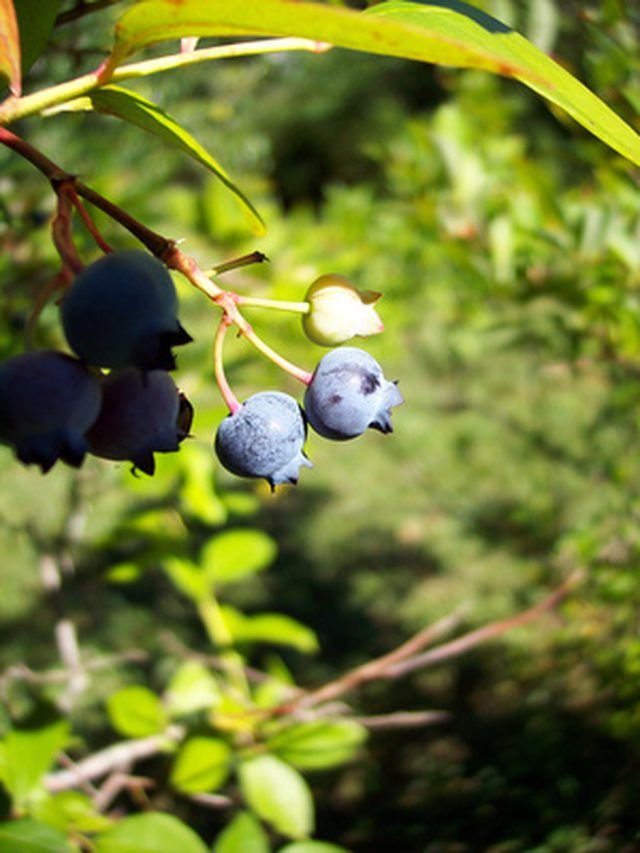Bulbs
Flower Basics
Flower Beds & Specialty Gardens
Flower Garden
Garden Furniture
Garden Gnomes
Garden Seeds
Garden Sheds
Garden Statues
Garden Tools & Supplies
Gardening Basics
Green & Organic
Groundcovers & Vines
Growing Annuals
Growing Basil
Growing Beans
Growing Berries
Growing Blueberries
Growing Cactus
Growing Corn
Growing Cotton
Growing Edibles
Growing Flowers
Growing Garlic
Growing Grapes
Growing Grass
Growing Herbs
Growing Jasmine
Growing Mint
Growing Mushrooms
Orchids
Growing Peanuts
Growing Perennials
Growing Plants
Growing Rosemary
Growing Roses
Growing Strawberries
Growing Sunflowers
Growing Thyme
Growing Tomatoes
Growing Tulips
Growing Vegetables
Herb Basics
Herb Garden
Indoor Growing
Landscaping Basics
Landscaping Patios
Landscaping Plants
Landscaping Shrubs
Landscaping Trees
Landscaping Walks & Pathways
Lawn Basics
Lawn Maintenance
Lawn Mowers
Lawn Ornaments
Lawn Planting
Lawn Tools
Outdoor Growing
Overall Landscape Planning
Pests, Weeds & Problems
Plant Basics
Rock Garden
Rose Garden
Shrubs
Soil
Specialty Gardens
Trees
Vegetable Garden
Yard Maintenance
Uses of Manure & Fertilizers
Uses of Manure & Fertilizers. Farmers and gardeners have used manure and fertilizers for many years to increase plant yields, promote healthy soil, and improve the appearance of plants. When carefully used, fertilizers are an effective tool.
Farmers and gardeners have used manure and fertilizers for many years to increase plant yields, promote healthy soil, and improve the appearance of plants. When carefully used, fertilizers are an effective tool.
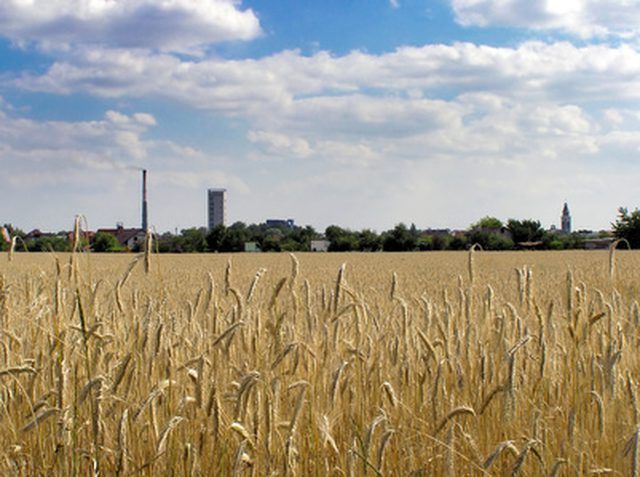
Adding manure or compost to a garden is the single best way to improve soil texture and fertility. Well rotted natural amendments lighten soil, increase water retention, add nutrients, and improve drainage. Manure and compost release nutrients slowly as they break down. Many gardeners find they don't need additional fertilizers if they shovel 1 inch of manure or compost in their gardens every fall.
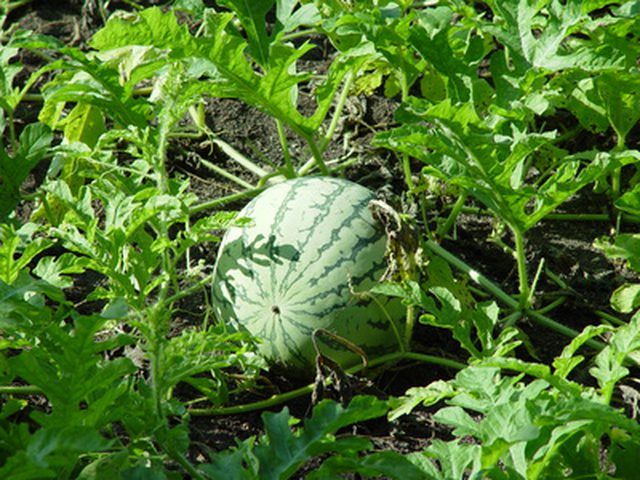
Soups or teas are made from natural fertilizers like manure, compost, seaweed, and nutritious greens such as comfrey and nettle. Mix organic material with water in a bucket. Allow the soup to stew overnight or up to two weeks. When strained, these teas are poured directly around plants, providing extra nutrients.
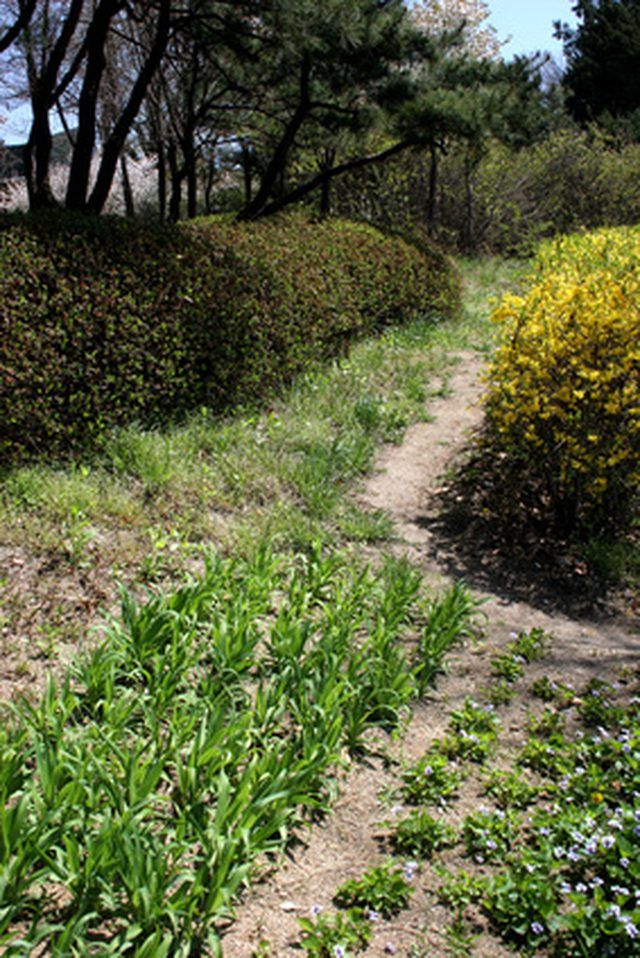
Farmers count on fertilizers to increase yields, particularly for food crops. Some plants like watermelon, tomatoes, and corn are "heavy feeders," requiring more nutrients than are often readily available in the soil. Fertilizers give these plants the food they need to thrive.
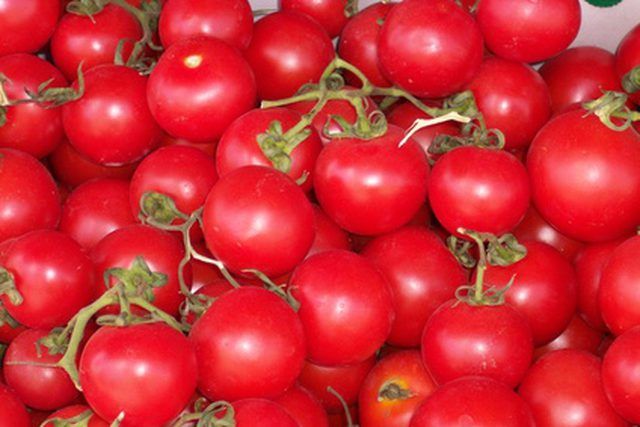
Gardeners often use nitrogen rich fertilizers to boost growth and color in plants. Lawns, especially, benefit from an application of fertilizer and almost immediately display green color and lush growth.
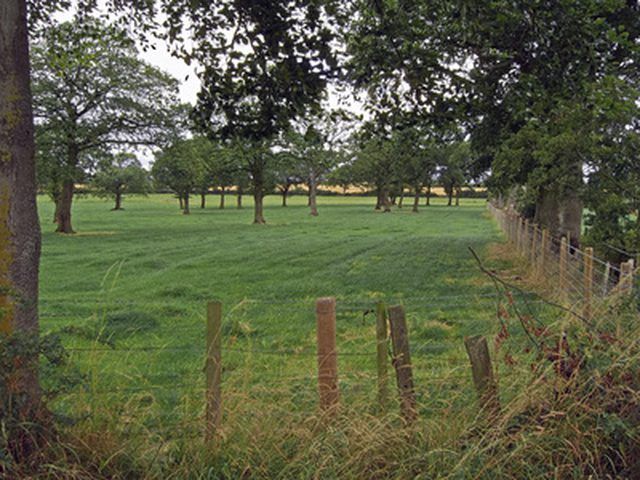
Natural amendments can be used to change the makeup of problem soils. Adding lime or sulfur, for example, can change the pH level of soil.
